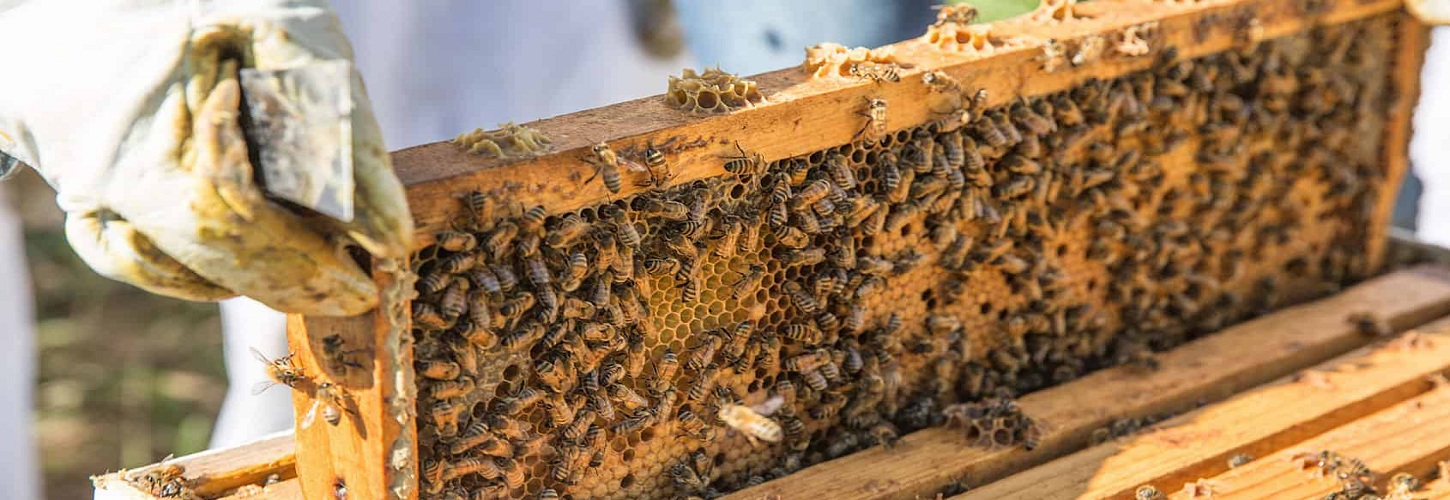HEALTH BENEFITS OF HONEY TO THE BODY
Honey, a natural sweetener produced by bees from the nectar of flowers, has been treasured for centuries not only for its delightful taste but also for its numerous health benefits. Packed with essential nutrients and bioactive compounds, honey offers a wide range of advantages that promote overall well-being. Here are some key health benefits associated with consuming honey:
- Nutritional Powerhouse: Honey is rich in various vitamins, minerals, and antioxidants. While the precise nutritional composition may vary depending on the floral source, honey generally contains small amounts of vitamin C, calcium, potassium, iron, and zinc. These nutrients contribute to a healthy diet and support the body’s proper functioning.
- Antioxidant Protection: Honey boasts potent antioxidant properties due to the presence of polyphenols and other bioactive compounds. Antioxidants help combat oxidative stress, a process linked to various chronic diseases and aging. Regular consumption of honey can contribute to reducing inflammation, protecting cells from damage, and promoting overall cellular health.
- Wound Healing: Honey has been used for centuries as a natural remedy for wound healing. It possesses antimicrobial properties that help prevent infection and stimulate tissue regeneration. Honey creates a favorable environment for wound healing by maintaining moisture, reducing inflammation, and promoting the growth of new skin cells.
- Soothing Cough and Sore Throat: Honey’s soothing properties make it an effective natural remedy for relieving cough and soothing sore throats. It forms a protective coating on the throat, providing relief from irritation and reducing coughing. Mixing honey with warm water or herbal teas is a popular home remedy for respiratory ailments.
- Digestive Health: Honey has been traditionally used to aid digestion. Consuming honey can help alleviate symptoms such as indigestion, bloating, and constipation. It contains enzymes that facilitate the digestion and absorption of nutrients, promoting a healthy digestive system.
- Energy Boost: Due to its natural sugars, including glucose and fructose, honey serves as a quick and easily digestible source of energy. Athletes often use honey as a natural energy booster before workouts or to replenish glycogen stores after intense physical activity.
- Skin Health: Honey’s antimicrobial and antioxidant properties extend to skin care. It can be used topically as a natural ingredient in face masks, creams, and ointments to soothe and moisturize the skin. Honey’s humectant properties help retain moisture, making it beneficial for dry or damaged skin.
- Allergy Relief: Some people believe that consuming locally produced honey may alleviate seasonal allergies. The theory is that trace amounts of pollen in honey could help desensitize the body to specific allergens over time. However, scientific evidence supporting this claim is limited, and more research is needed to establish a conclusive link.
It’s important to note that while honey offers various health benefits, it should be consumed in moderation due to its high sugar content. Excessive intake of honey can contribute to weight gain and other health issues. Additionally, infants under the age of one should not consume honey due to the risk of botulism.
In conclusion, honey is more than just a sweet treat. Its rich nutritional profile, antioxidant properties, wound-healing abilities, and potential health benefits make it a valuable addition to a balanced diet. However, it’s always advisable to consult with a healthcare professional for personalized advice and to ensure that honey consumption aligns with individual health conditions and dietary needs.

